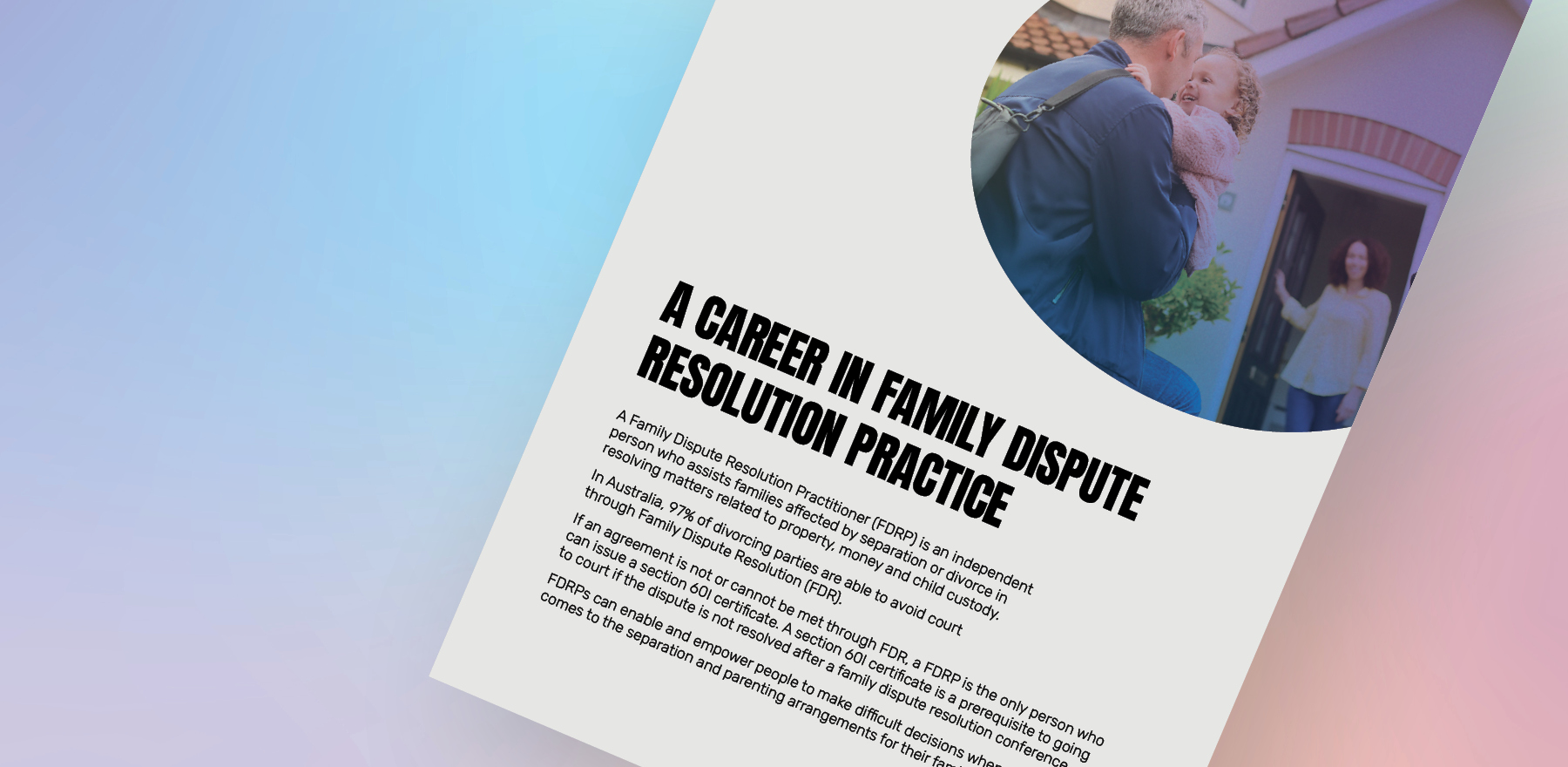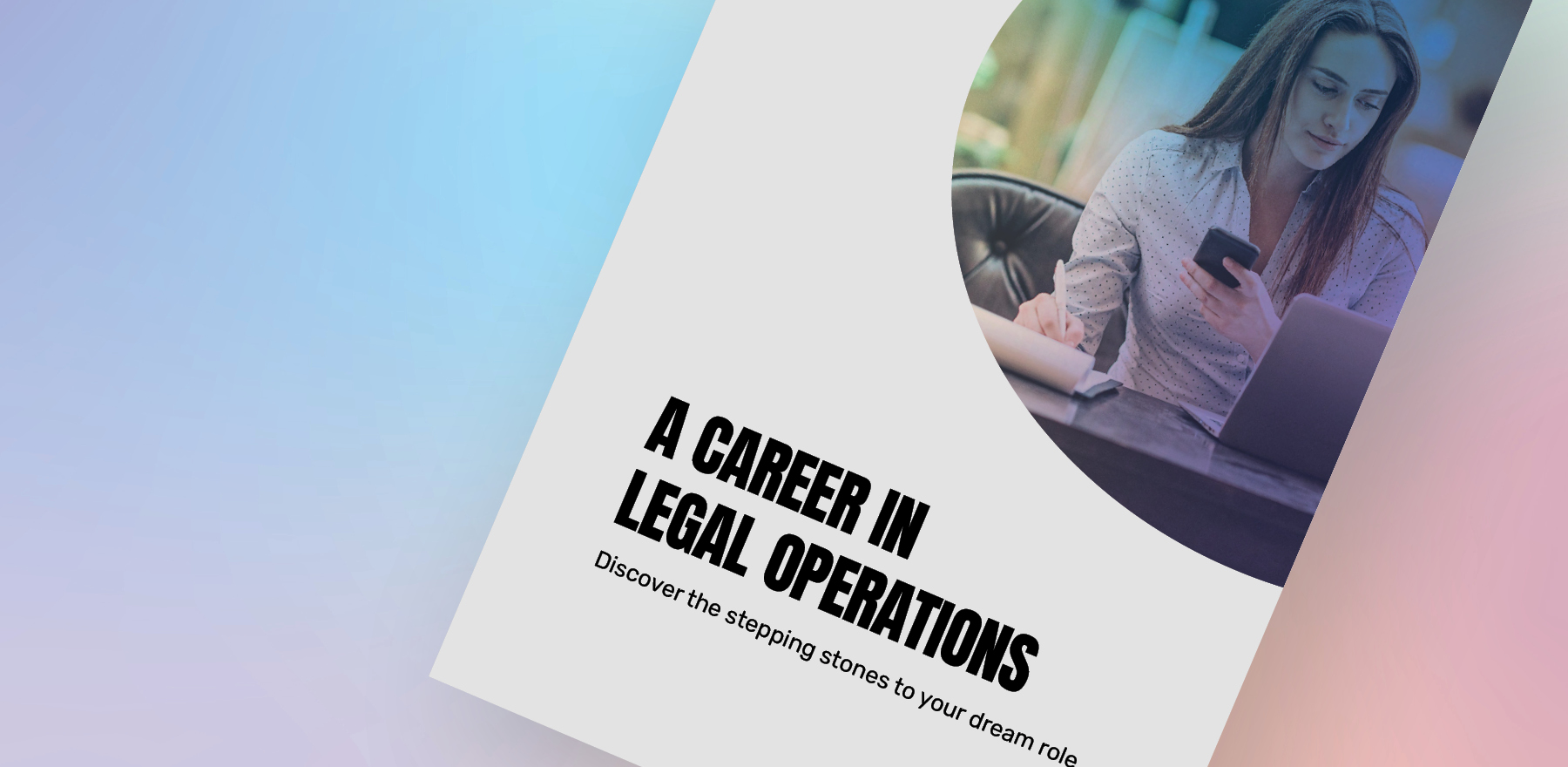The College delves into the strategies and tactics lawyers can employ to effectively negotiate salary and conditions. Drawing on insights from certified Executive and Leadership Coach Sue Billen and Mahlab Managing Director Lisa Gazis, we'll explore how to build a strong case for your worth, understand market trends, and navigate the complexities of negotiating with potential employers.
How to secure the best package in your new job
Lisa Gazis, Managing Director of Mahlab Recruitment, emphasises the importance of thorough research and confident communication when negotiating salary and conditions.
“The most effective strategies are to research market salaries, know your worth, and present your case as a valuable candidate deserving the upper end of the salary on offer,” Lisa says. “It's crucial to communicate your expectations in a collaborative manner that builds a positive relationship with your new employer, rather than antagonise them.”
Conduct thorough research by consulting legal salary surveys, speaking with recruiters, peers, and reviewing job boards.
“This will help you understand your value and the market salary range for your level of experience. Remember that larger employers often have specific job and experience assessments and strict salary bands, so knowing your worth is essential for advocating for a higher salary within those bands," Lisa explains.
Sue Billen, Executive Coach, agrees arming yourself with market research is integral to a successful salary package negotiation. She suggests beginning with a clear understanding of the role, responsibilities, and growth potential, and then looking into market comparisons.
“By consulting salary guides produced by large recruitment firms, platforms like Glassdoor, and leveraging input from your network and HR contacts you can gain helpful insights,” Sue says.
Sue also recommends delaying salary discussions until you've demonstrated that you are right for the role and the employer is convinced of your value.
“However, no one will be happy if the offer fails because you can’t agree on remuneration late in the process. Recruiters may ask for your salary expectations upfront to ensure alignment. In this case, inquire about their salary range or offer your own and indicate your openness to negotiation. Be flexible in considering the total package beyond salary.
“Think about what's important to you and negotiate for financial benefits like bonuses and allowances, as well as non-financial benefits like flexibility, remote work, and leave. Creating a list of non-negotiables and nice-to-haves can be helpful."
Leveraging salary data to negotiate a competitive offer
It is essential to understand and demonstrate your value during salary negotiations. According to Sue, you can do this in a few ways.
"You need to know the market rate for the role and collect evidence to support your view of a reasonable salary. You can support your view by citing market rates and any evidence you have to support the figures you put forward,” Sue says.
“Identify what the employer values most in your experience and strengths and articulate this value with examples and evidence. Be prepared to demonstrate your performance against goals and be across your time and performance data. Be open about your salary range and use evidence to explain your reasoning.”
Practising this conversation beforehand, anticipating questions and challenges, is an excellent way to build confidence in your argument.
“Whilst role-playing can feel uncomfortable, it is an excellent way to practice tricky conversations. Consider videoing yourself and practicing with a coach to boost your confidence and navigate the negotiation effectively. You may be surprised at how much this helps you to improve,” Sue explains
Lisa advises lawyers to not only consider their value proposition but also be prepared to address any weaknesses when negotiating salary.
"Having gathered information about market salaries, consider the value you'll bring to your new role,” Lisa says. “This includes your background, academic and practical legal experience, skills, knowledge, networks, and anything else that will bring value to the role. This understanding will strengthen your argument for a higher salary more compellingly.
“Be aware of any weaknesses in your background, such as gaps in experiences, and be willing to make concessions while explaining the benefits of other experiences. Practice communicating your salary expectations professionally, seeking a solution rather than being uncompromising or aggressive."
How to confidently communicate your salary and condition expectations
“Navigating this stage successfully is all about your communication style and your attitude,” Sue says. “Be confident and unambiguous, but be careful not to appear entitled or arrogant.”
According to Sue, you can explain the reasoning and justification behind your salary expectations by communicating the value you anticipate you will bring to the organisation, and by giving examples that demonstrate you have the competencies set out in the position description. You can also support your view by citing market rates and any evidence you have to support the figures you put forward.
“Posing your expectation as a question rather than a statement signals that you want to be collaborative and negotiate a salary that is acceptable to both parties,” Sue says. “Also, for any numbers discussed, make sure it is clear to both parties whether they include or exclude superannuation and get this in writing; this is a frequent cause of misunderstandings.”
Lisa points out, that while the approach will depend on the interviewer’s style, communicating clearly and firmly but in a collaborative manner will help achieve a mutually beneficial outcome.
“Avoid being one-sided or aggressive but show that you genuinely wish to discuss and reach a fair outcome. The language you use is crucial.” Lisa says.
“It is best to avoid giving a specific figure and instead provide a range, such as $150,000 to $160,000. This allows the employer more flexibility and psychologically implies that the negotiation is a discussion, and the employer is not being boxed into a specific figure. Be flexible and consider the bigger picture, especially if the role offers valuable training, development, career progression, and other benefits that can be hard to find.”
Enhancing your package: Exploring additional benefits
In certain situations, you can also consider negotiating for additional benefits or perks beyond salary.
"In cases where the employer has a strict salary budget or the desired benefit is an industry standard but not offered, negotiating for additional benefits can be beneficial,” Lisa says. “Such benefits may include a bonus potential or higher bonus potential, additional leave or flexibility, access to study programmes, conferences, and travel. Lawyers can also ask for a faster review cycle say a salary review at 6 months rather than 12 months.”
“Some start-up employers are constrained financially and have less flexibility with what salary they can offer,” Lisa explains. “Commonly, they will offer alternatives to cash such as equity. These offerings can prove very lucrative as the business grows.”
Whether you’re negotiating your initial salary or reviewing your existing salary, Sue encourages you to consider the total compensation package.
"Remember that your salary is part of a larger ecosystem. Budgets and parity with peers mean there are likely to be boundaries to the financial remuneration that is available and appropriate,” Sue says.
“While financial remuneration may have limits, there are other negotiable benefits that could be more valuable to you. Bonuses are common in the legal profession, and employers might reimburse work-related expenses like car or technology costs, professional development, membership fees, relocation expenses, or lost bonuses from previous employers.”
For non-financial benefits, Sue suggests you consider what's important to you in your overall life - what would make the role and rest of your life easier? Flexibility, such as working hours, location, remote work, or additional flexibility during school holidays and mandatory shutdown periods, can be immensely beneficial. Don't forget you can also negotiate annual leave, additional leave for professional development, or extended leave.
How to avoid common negotiation mistakes
Negotiating for better pay and benefits can be tricky. Here are some common mistakes Sue Billen sees people make:
- Poor timing: When applying for a new role, aim to delay salary discussions until after you have proven your value. For existing roles, the salary review process can be quite lengthy, and you want to be ahead of the game. Understand how and when the decisions are made and have the conversation with your partner or manager early. If you are too early, ask what you need to do to demonstrate that a pay rise would be appropriate. If your manager is not supportive this time, be positive and ask for their advice on what you need to do differently or if there are different targets you need to meet. Be specific and document what you need to do in an email.
- Not showing your value: Understand the competency expectations and be prepared to demonstrate that you are performing at a level that deserves an increase. It may help to plan and collect evidence and feedback throughout the year.
- Not making it easy for your manager: In salary reviews, your partner or manager is unlikely to have sole discretion over the decision. They may have to justify the increase to others in a competitive process, so make it easy for them. Help them build a business case, providing examples and evidence aligned with the salary criteria.
- Poor time recording: Keep your time records up to date consistently and be on top of your data. It will be difficult for your manager or partner to advocate for a pay rise if you don’t manage this well.
- Failing to convince all stakeholders: Make sure everyone involved in the decision is aware of the value you bring. Regularly communicate your achievements to your stakeholders as well as your immediate manager or partner.
- Wrong attitude: Stay reasonable and open to negotiation, as your partner or manager may have limited options.
- Lack of clarity regarding superannuation: For new roles, ensure it is clear to both parties whether the figures being discussed include or exclude superannuation and confirm this in writing.
- Lack of preparation: Make time to research and plan your approach carefully and get comfortable with what you want and the minimum you are willing to accept. Practice the conversation, consult with others, or engage a coach to support you.
- Using another job offer as leverage: Using another job offer with a higher salary as a negotiation tool may backfire. Be prepared for the employer to call your bluff! Only do this if you are genuinely willing to take the other role.
Lisa Gazis sees lawyers make four common mistakes during salary negotiations. These include:
- Not recognising these are discussions and a two-way street: You do not need to go in for a fight, but you do need to be clear, compelling, and able to collaborate with and influence the interviewer. This is all about problem-solving and working together. If you can do this and do it well then you are also demonstrating to your new employer your skills and value.
- Not knowing when to stop: There is a point when the negotiation must end. If you continue to push your salary and benefit demands too far you will only antagonise the employer and make them uncomfortable about continuing with the offer. You need to be able to recognise when no more means no more and the employer has no more latitude. At that stage, you need to make your decision as to whether you are willing to accept the position or continue your job search.
- Negotiating above what you are worth and can deliver: The more you negotiate, the higher the employer’s expectations of you in the role will also be. Therefore, you need to be realistic about your worth and what you can achieve in the role. If an employer ultimately offers you a salary package significantly more than what they had anticipated offering, then they are also more likely to be expecting significantly more. This situation has ramifications.
- Being too accommodating: You need to be willing to put yourself forward and confidently argue why you deserve the salary and conditions you seek to achieve. You are your own advocate. Research, know your value, and plan and prepare what you will say to prove your worth and influence the interviewer. If you are not comfortable with a response, be willing to ask questions to better understand any constraints or what may be driving a view and respond confidently and clearly to explain your value and why you deserve more.
Head to the College of Law’s annual salary survey for insights from over 1300 legal professionals across Australia about the key factors shaping their salaries and their careers.












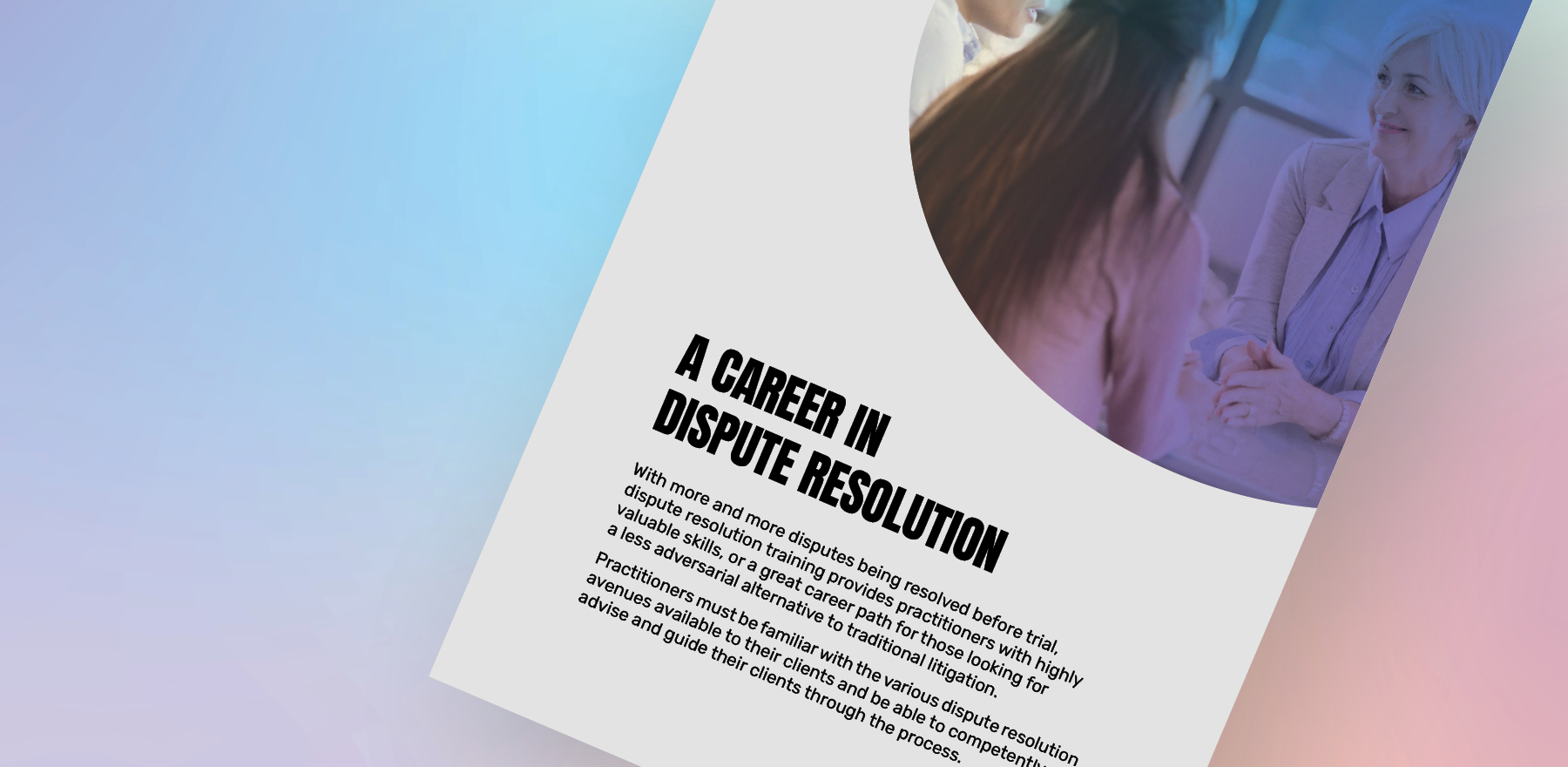

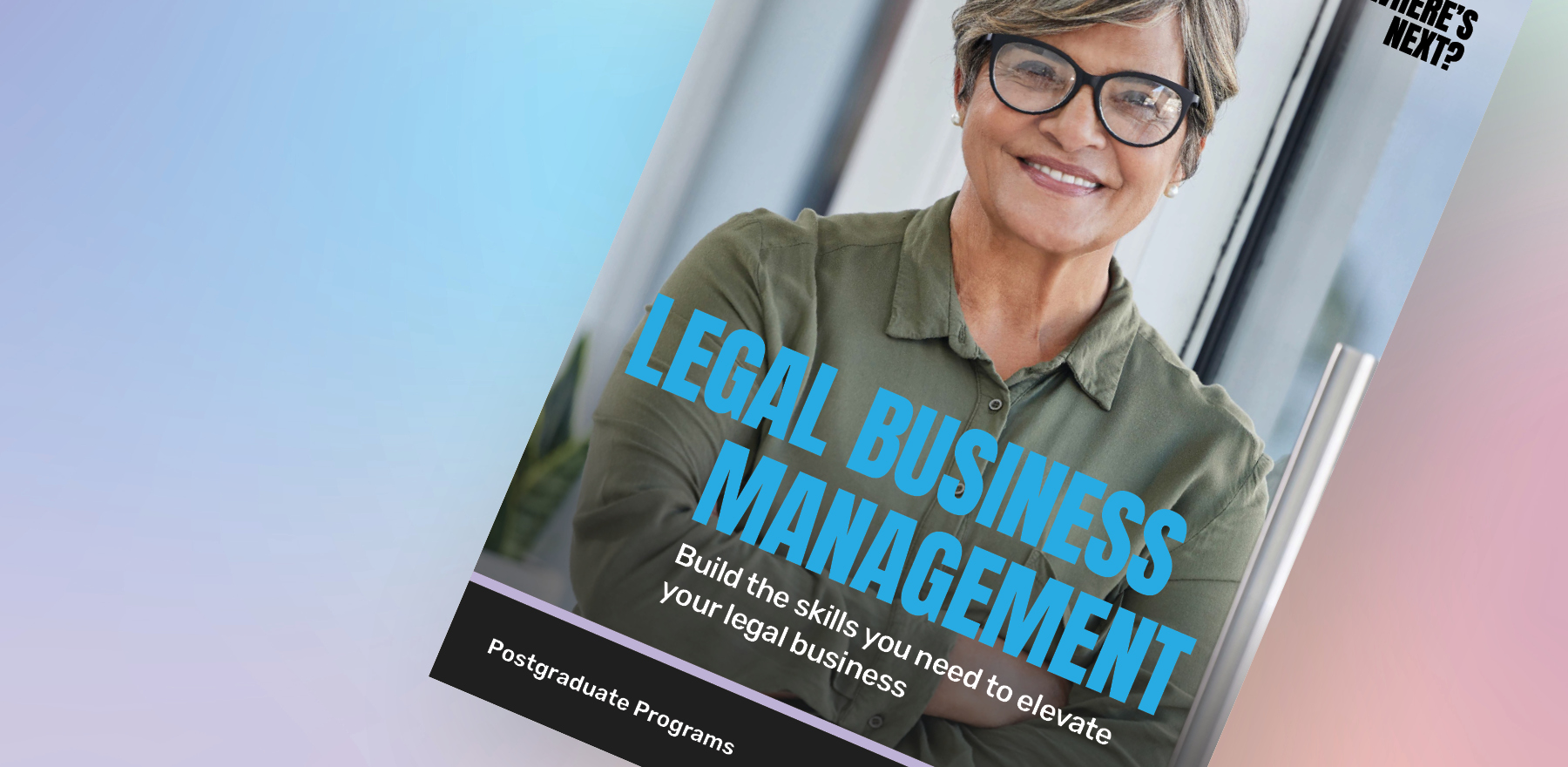




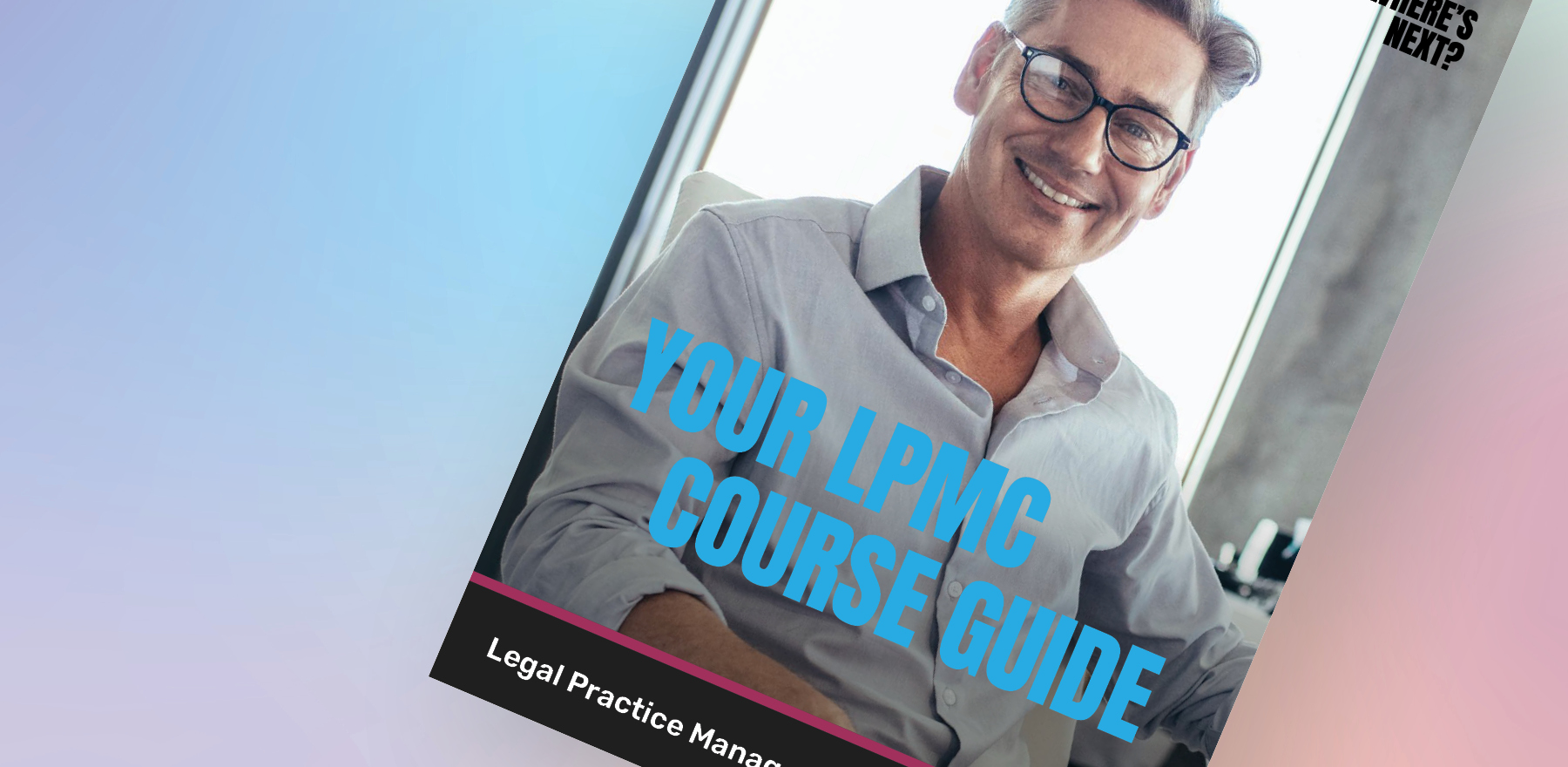
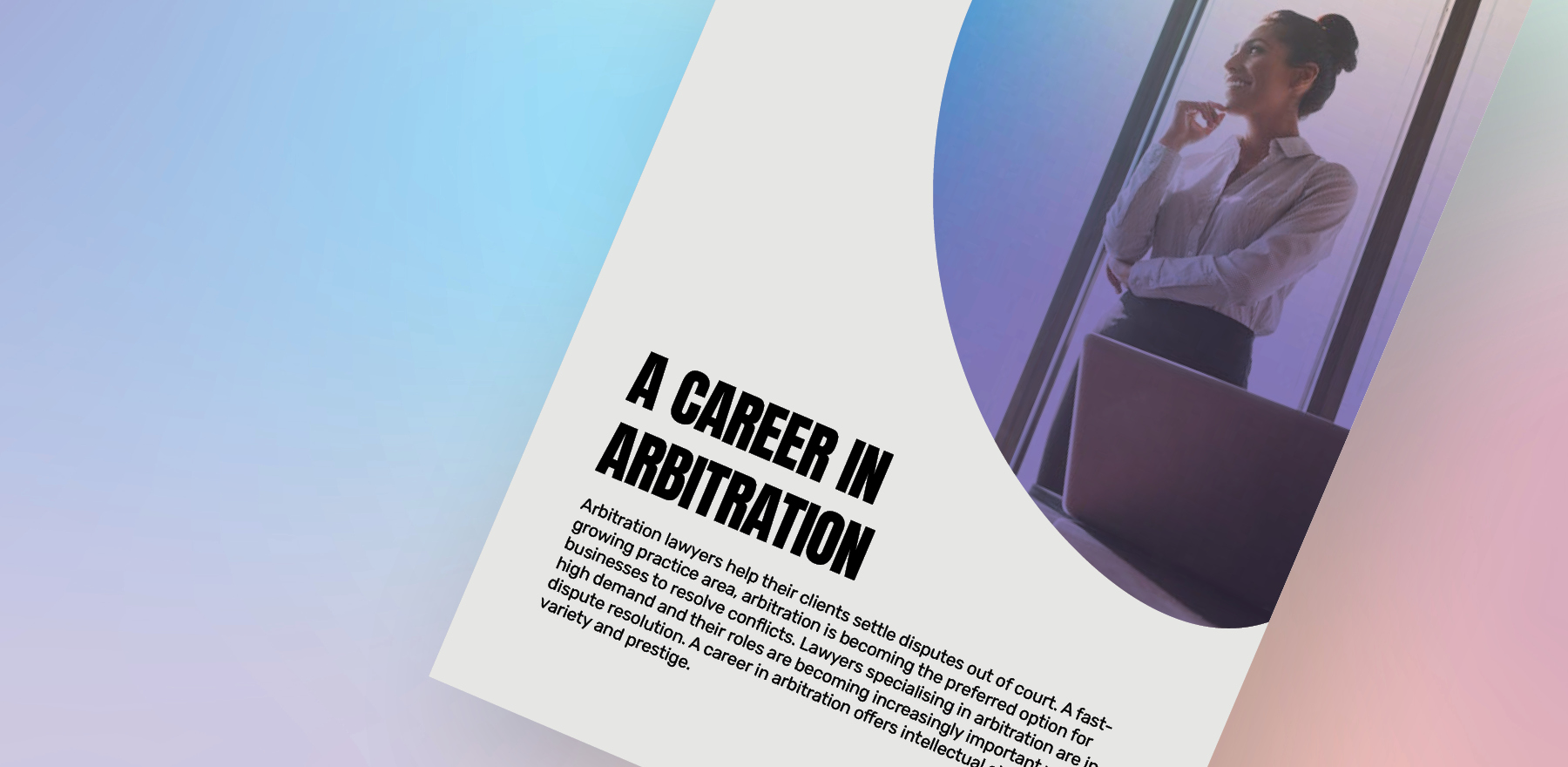

















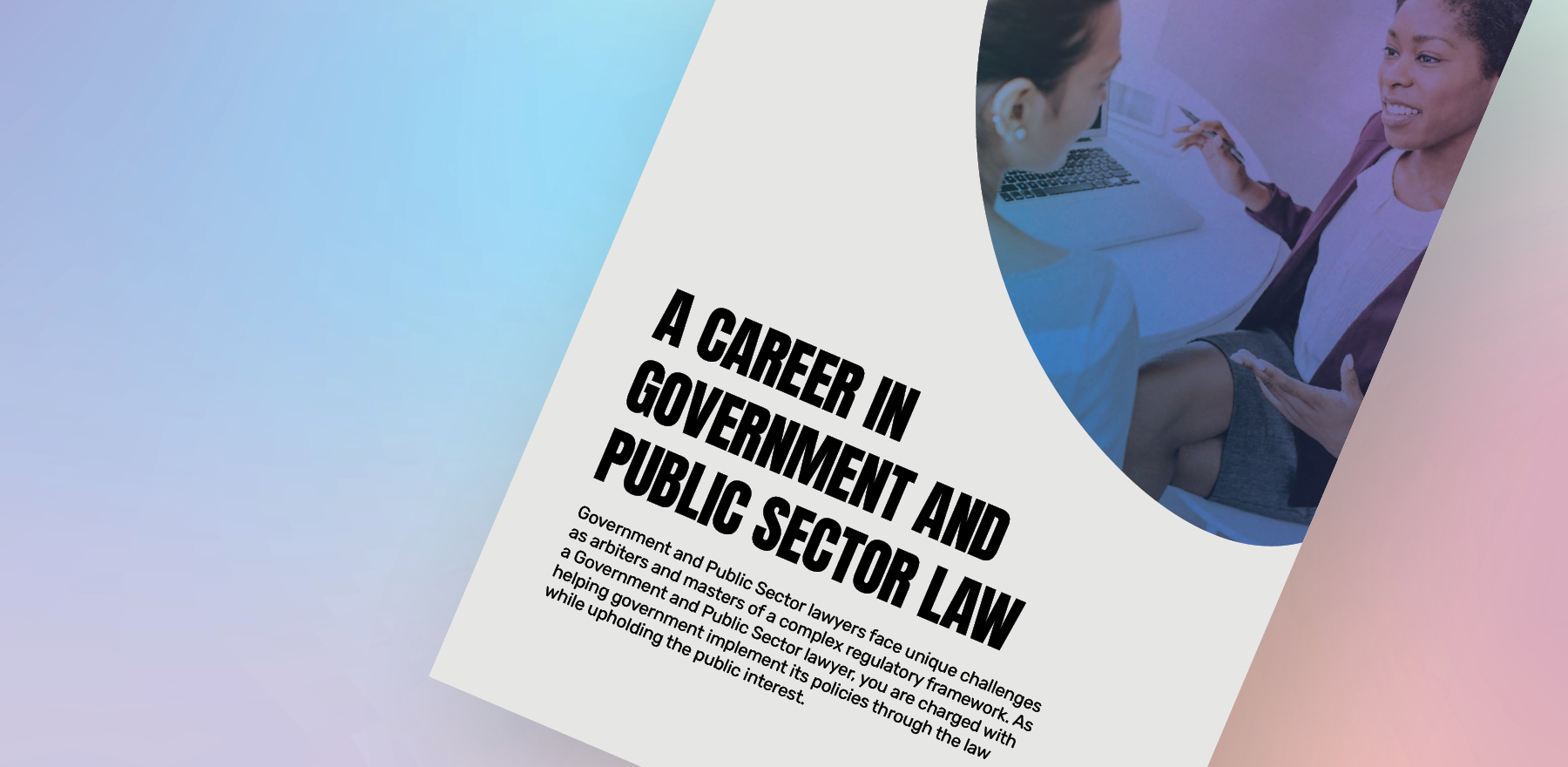


![How to handle Direct Speech after Gan v Xie [2023] NSWCA 163](https://images4.cmp.optimizely.com/assets/Lawyer+Up+direct+speech+in+drafting+NSW+legislation+OCT232.jpg/Zz1hNDU4YzQyMjQzNzkxMWVmYjFlNGY2ODk3ZWMxNzE0Mw==)

















